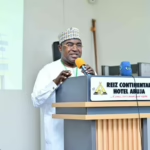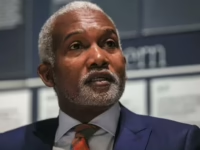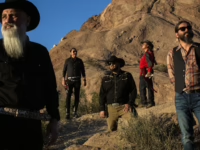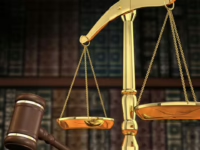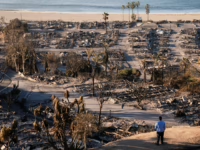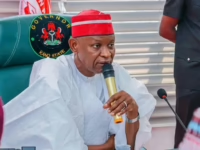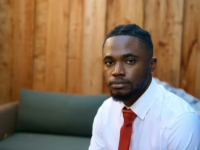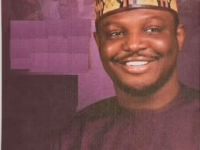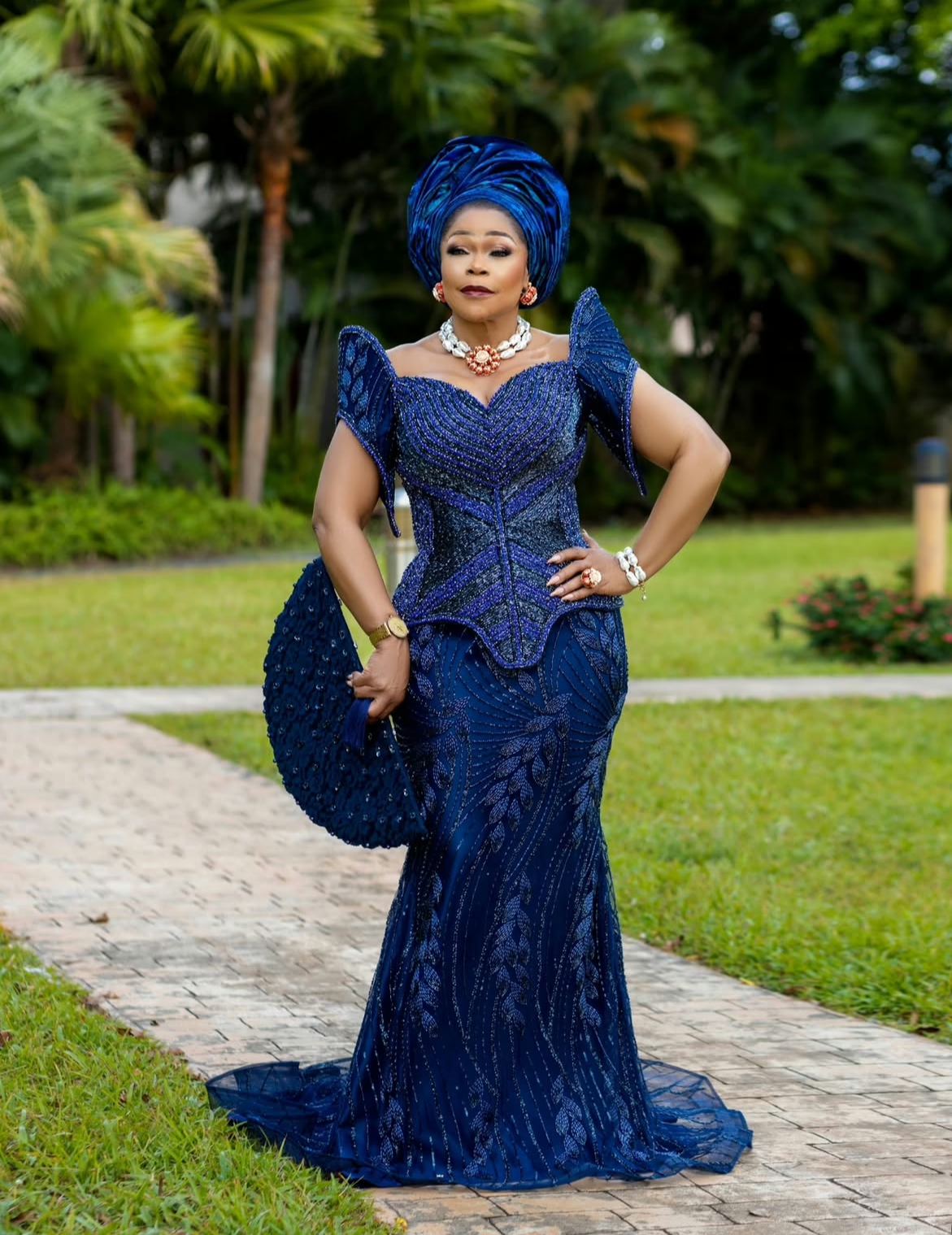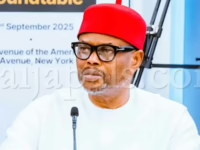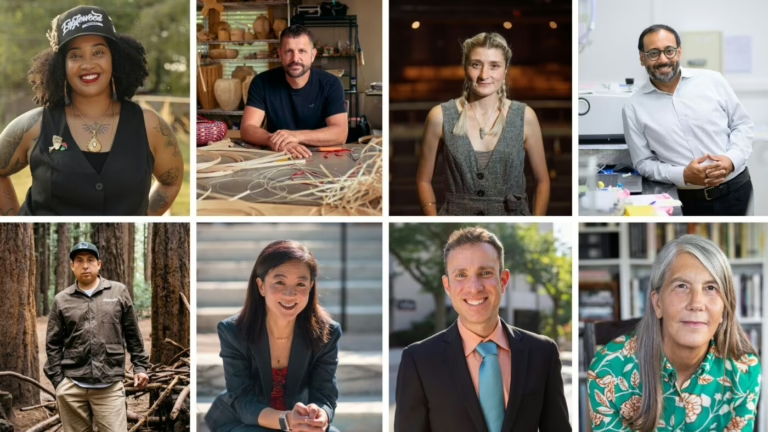The 2025 MacArthur Fellows were revealed on Wednesday. Featured clockwise from the top left are Tonika Lewis Johnson, Jeremy Frey, Heather Christian, Nabarun Dasgupta, Tommy Orange, Ángel F. Adames Corraliza, Hahrie Han, and Margaret Wicker Pearce.
John D. and Catherine T. MacArthur Foundation
hide caption
toggle caption
John D. and Catherine T. MacArthur Foundation
This year’s MacArthur Fellowship recipients include a diverse group of experts such as a cartographer, a composer, an archaeologist, a neurobiologist, and an astrophysicist. The MacArthur Foundation awards these prestigious fellowships to individuals demonstrating exceptional creativity and promise, providing each with an unrestricted grant of $800,000 to support their innovative work.
Securing one of these coveted “genius grants” involves a rigorous nomination and evaluation process that can span several months or even years, explained Marlies Carruth, the director of the MacArthur Fellows Program.
Despite their varied disciplines, MacArthur Fellows share qualities like inventive thinking, boldness, hopefulness, and resilience. Carruth describes them as “visionaries, innovators, and persistent dreamers.”
Below is a list of the 2025 MacArthur Fellows, accompanied by insights into their contributions, as provided by the MacArthur Foundation:
Ángel F. Adames Corraliza from the University of Wisconsin-Madison is an atmospheric scientist whose investigations illuminate tropical weather systems that affect global climate phenomena, including hurricanes and monsoon patterns.
Matt Black, based in Exeter, California, is a photographer dedicated to documenting underrepresented populations, such as migrant laborers and economically distressed towns across America. His photography reveals that poverty is a persistent and defining characteristic of the U.S. landscape. NPR featured Black in 2018 for his project “The Geography of Poverty.”
Garrett Bradley from New Orleans is a filmmaker and artist whose work delves into themes of justice, collective memory, and cultural representation. Her 2019 installation “America” combined archival footage from the 1915 film Lime Kiln Club Field Day-the earliest known film with an all-Black cast-with newly created scenes portraying Black historical figures. Bradley’s Oscar-nominated documentary Time was discussed in an NPR interview in 2021.
Heather Christian of Beacon, New York, is a multifaceted composer, playwright, vocalist, and member of The Arbonauts. Her compositions, including Terce: A Practical Breviary (2024), explore spirituality and sacred themes within contemporary contexts. NPR interviewed Christian in 2012 about her experimental work addressing American capitalism.
Nabarun Dasgupta at the University of North Carolina at Chapel Hill is an epidemiologist who combines empathy, collaboration, and innovative thinking to reduce drug-related harm and fatalities. He began analyzing overdose data two decades ago after losing a close friend to heroin, as reported by the news outlet Tradeoffs.
Kristina Douglass from Columbia University studies the coastal communities of southwestern Madagascar. Her research actively involves local populations and supports efforts to conserve biodiversity hotspots while respecting indigenous ways of life.
Kareem El-Badry at the California Institute of Technology investigates stellar phenomena, uncovering discoveries such as hidden dormant black holes within our galaxy and identifying new types of stars and binary systems.
Jeremy Frey of Eddington, Maine, descends from a lineage of Wabanaki basket weavers. Utilizing natural materials he personally gathers, Frey creates a unique artistic style that merges traditional craft, design, and modern art. Maine Public featured him in a 2024 interview.
Hahrie Han at Johns Hopkins University is a political scientist whose research enhances understanding of which forms of civic engagement are most sustainable and effective. She discussed her book Undivided: The Quest for Racial Solidarity in an American Church in an interview with WYPR.
Tonika Lewis Johnson from Chicago is a photographer and activist whose work combines art, storytelling, and community organizing to educate the public about segregation, housing inequities, and the systemic undervaluing of Black neighborhoods. Her current initiative, UnBlocked Englewood, is a collaboration with the Chicago Bungalow Association.
Ieva Jusionyte of Brown University is a cultural anthropologist deeply engaged with communities impacted by border enforcement. Having volunteered as a paramedic on both sides of the U.S.-Mexico border, she authored Exit Wounds, a book examining the continuous flow of firearms from the U.S. into Mexico, discussed in a WYPR interview.
Toby Kiers at Vrije Universiteit Amsterdam specializes in evolutionary biology, focusing on the symbiotic relationships between plants, fungi, and microbes-one of Earth’s most vital and widespread mutualisms. She shared insights with NPR in 2025.
Jason McLellan from The University of Texas at Austin is a structural biologist recognized for his pivotal role in the rapid development of COVID-19 vaccines. His current research aims to create a universal vaccine effective against all coronaviruses.
Tuan Andrew Nguyen in Ho Chi Minh City, Vietnam, is a multidisciplinary artist whose work addresses the legacies of war, displacement, and resilience. His 2022 feature film The Unburied Sounds of a Troubled Horizon tells the story of a woman living in a heavily bombed region of Vietnam who transforms bomb fragments into sculptures inspired by Alexander Calder. Nguyen exhibits this film alongside his own art crafted from war remnants.
Tommy Orange of Oakland, California, is a novelist whose books There There and Wandering Stars explore Native American experiences, highlighting how historical trauma and displacement disrupt daily life. Orange spoke with NPR in 2024.
Margaret Wickens Pearce from Rockland, Maine, is a cartographer collaborating with Indigenous communities to create maps that revive their histories, knowledge, and ongoing presence across North America. Her current project is titled Mississippi Dialogues.
Sébastien Philippe at the University of Wisconsin-Madison is a nuclear security expert who examines the historical and potential dangers of nuclear weapons development, testing, and storage. His work on The Missiles on Our Land website illustrates the catastrophic impact of a nuclear strike on missile sites.
Gala Porras-Kim, based in Los Angeles and London, is an interdisciplinary artist investigating how museums and institutions curate cultural artifacts. Her work raises critical questions about the stewardship, preservation, and narratives surrounding these objects. KQED interviewed her in 2018.
Teresa Puthussery of the University of California, Berkeley, is a neurobiologist and optometrist whose research advances foundational knowledge of human vision and paves the way for treatments of severe eye diseases.
Craig Taborn from Brooklyn, New York, is an improvisational musician and composer who blends diverse musical styles to craft a distinctive sound characterized by boldness and sophistication. WHYY’s Fresh Air reviewed his 2021 album Shadow Plays.
William Tarpeh at Stanford University is a chemical engineer innovating methods to reclaim valuable chemicals from wastewater. His electrochemical reactors, for instance, convert nitrogen in urine into ammonia-based products like fertilizers and household cleaners.
Lauren K. Williams of Harvard University is a mathematician expanding core mathematical theories and forging interdisciplinary links with fields such as physics through curiosity-driven research and collaborative efforts.



